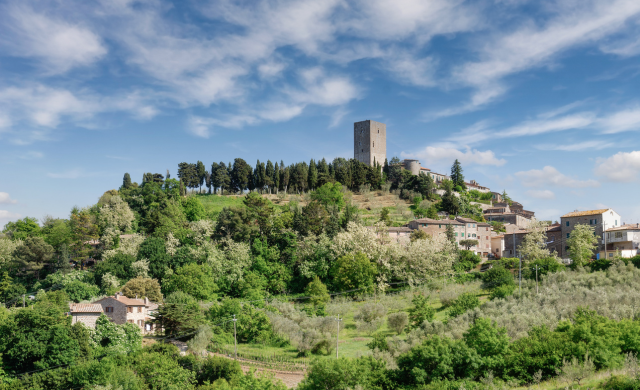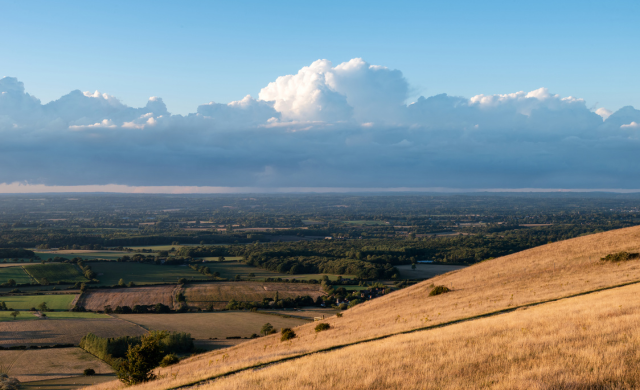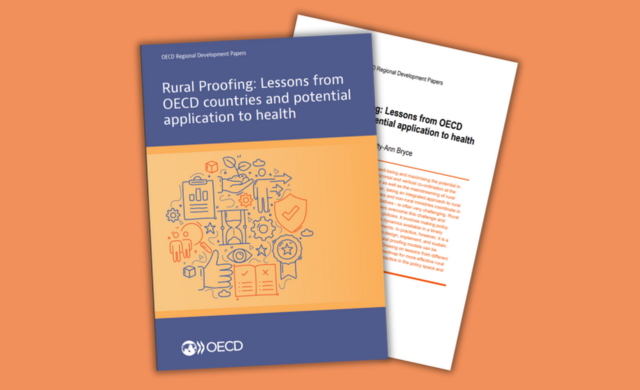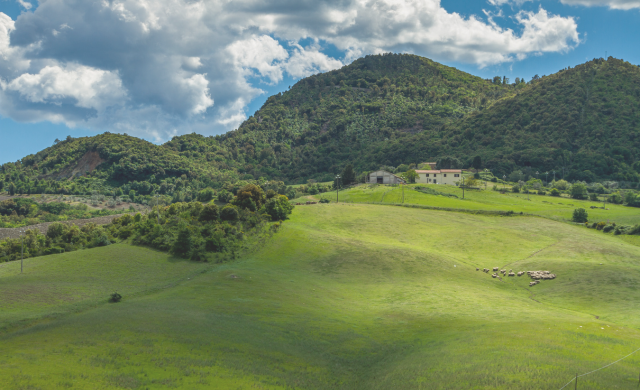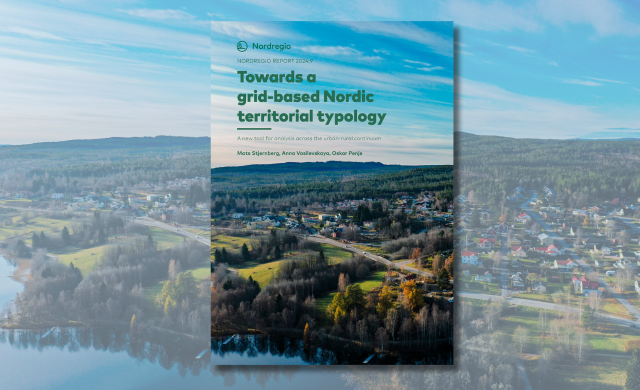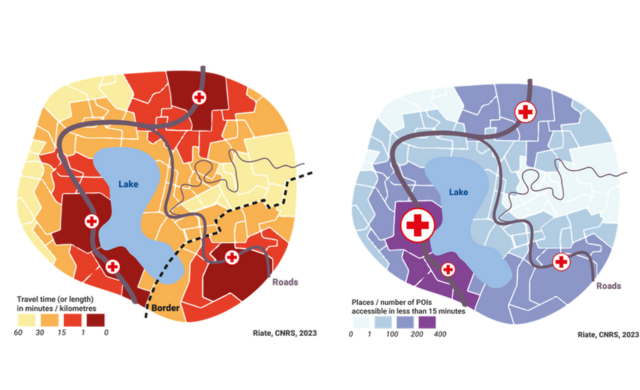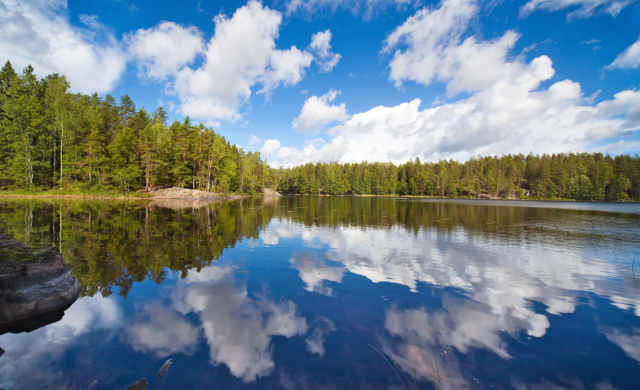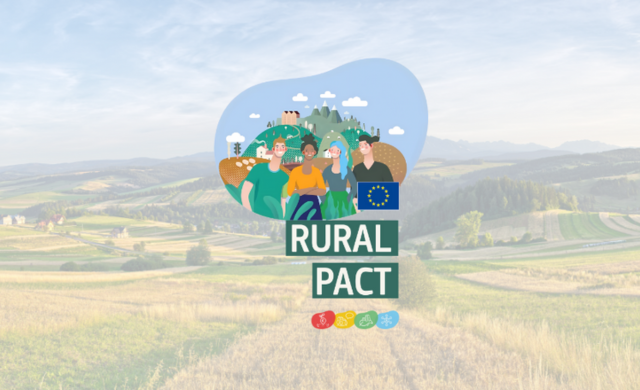Author: Marco Ricci, Italian Living Lab in GRANULAR
Situated in Val di Cecina, the Italian Living Lab covers an area of about 1,055 km2 with 55,900 inhabitants that stretches from a hilly valley to the seacoast. Marco Ricco, facilitator of this Living Lab on behalf of the Val di Cecina Rural District, explains to us more about the challenges and opportunities of this territory, and how GRANULAR would contribute to them.
Why have decided to be part of the GRANULAR project?
We, as the Val di Cecina Rural District, have decided to be part of GRANULAR as this could help us to collect useful information and data to achieve our core mission. This is to strengthen the rural governance of this large area of Tuscany, Italy. Taking part in GRANULAR offers a new way to play a key role in the rural development of our territory.
What are the main challenges experienced by your rural area? And, what are the main opportunities for its future?
In Val di Cecina, the main challenges affecting rural areas are the risk of abandonment of the territories (due to the aging of the population), and the high production costs for agricultural enterprises (due to the scarcity of essential services to the communities). In addition to these, we see structural shortcomings in agri-food logistics, a strong weakening of the livestock sector, and a lack of adequate telecommunications and connectivity services.
But that’s not all. We also see many opportunities ahead of us. First of all, the ones related to strengthening cooperation with other actors, in particular between the public and private sectors. For instance, we believe that in the future there is a strong potential to connect the agricultural sector with the tourist sector to promote territorial development. Our territorial assets are also key features that could be valorised. A high-value environmental landscape, a diverse business portfolio, our high-quality organic production, and the presence of geothermal energy are a few of them.
According to you, how will the GRANULAR project help you to address the challenges and opportunities of your rural area?
Increasing the availability and access to data will help the Val di Cecina District fulfill its role. In practice, we believe that GRANULAR will allow us to better understand the demand for local products by both the public and private caterers. This would have relevant implications for us as it would provide a guide to structure the agri-food production systems behind our District, design the optimal structure of our supply chains, and identify the necessary and currently missing logistics infrastructures. Furthermore, improving knowledge about the general needs of the population in relation to essential services and connectivity would be very useful in order to advocate for more adequate policies and technical solutions with institutions and service providers.
